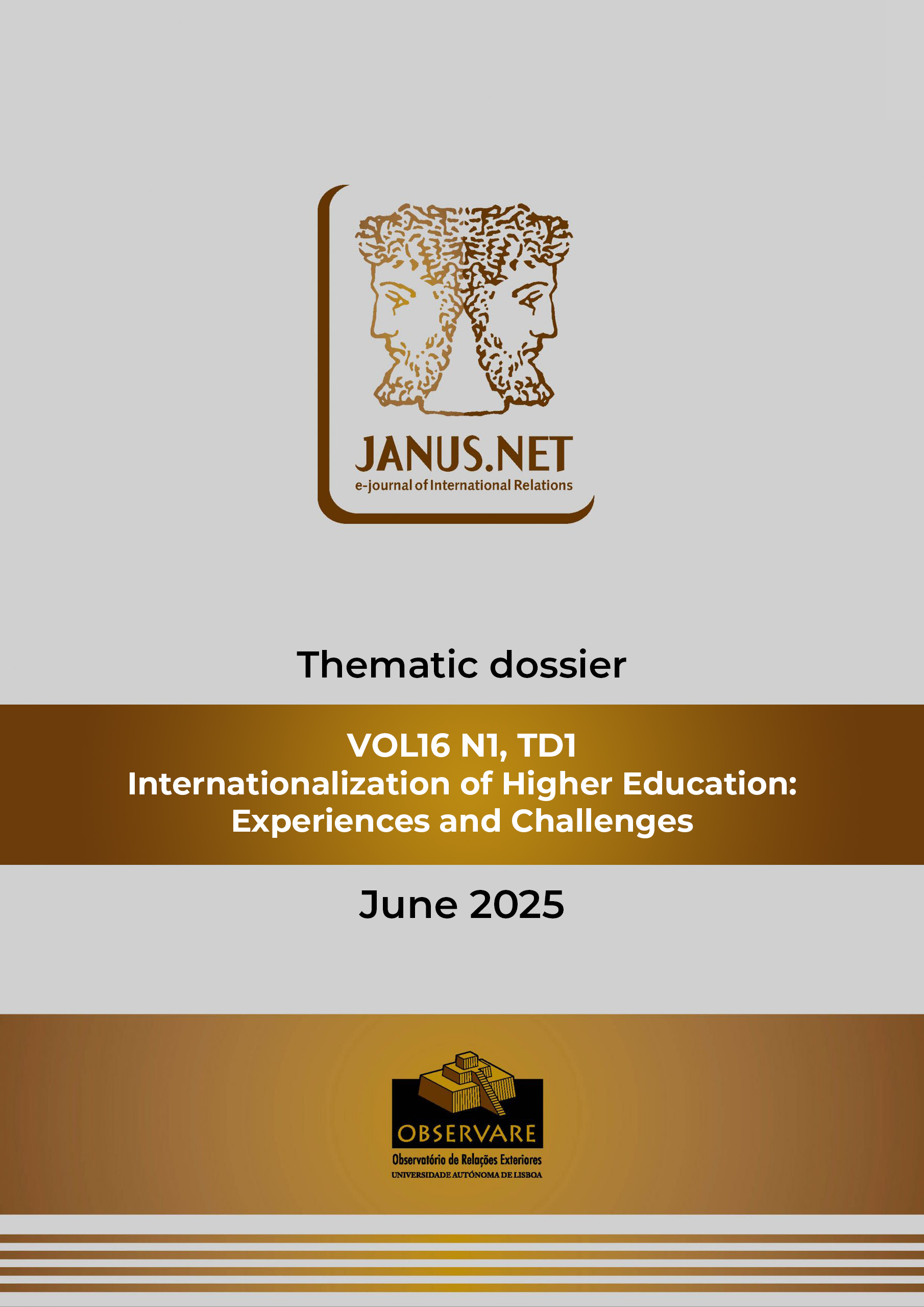NURTURING AND UPBRINGING; THE FORGOTTEN ASPECT IN CURRICULUM DEVELOPMENT AND IMPLEMENTATION AT HIGHER EDUCATION INSTITUTIONS(HEIS)
DOI:
https://doi.org/10.26619/1647-7251.DT0325.7Palavras-chave:
Educação, Formação, Desenvolvimento Curricular, Implementação CurricularResumo
No atual contexto global caracterizado por volatilidade, incerteza, complexidade e ambiguidade (VUCA), a Humanidade confronta-se com desafios crescentes resultantes de novas tendências nos estilos de vida, orientação e pensamento. Estas complexidades emergentes revelam-se, em grande medida, como consequência de uma educação desprovida de dimensão ética, espiritual e axiológica, bem como da ausência de uma formação sólida que prepare os jovens com atitudes positivas, competências essenciais e comportamentos moralmente responsáveis, capazes de sustentar a autoidentificação e a gestão pessoal. A proliferação de fenómenos sociais como a violência, a apropriação ilícita de terras, os homicídios brutais e as alterações climáticas, entre outros, constituem evidências claras de que os sistemas educativos contemporâneos têm descurado, tanto no desenho como na implementação curricular, a integração de uma educação orientada por valores e por uma formação humanista. Torna-se, por isso, premente reconsiderar não apenas os conteúdos que integram os programas de ensino, mas também os métodos e as finalidades da aprendizagem em todos os níveis de educação. Acresce ainda que se tem assistido a um declínio progressivo da espiritualidade, do respeito pelas culturas e da preocupação com a preservação das gerações futuras. Esta realidade tem contribuído para o surgimento de condutas consideradas por diversos sectores da sociedade como eticamente problemáticas, tais como a corrupção generalizada, o enfraquecimento do respeito interpessoal e a quebra da confiança social. Paralelamente, tem-se verificado uma distorção de referenciais fundamentais, nomeadamente a religião, as normas sociais, os valores culturais e o património histórico, comprometendo gravemente a possibilidade de construir um futuro mais promissor para as próximas gerações. Neste cenário de transição civilizacional, torna-se imperativo reorientar os sistemas educativos para que integrem, de forma estruturada e intencional, componentes formativos centrados na promoção de atitudes construtivas, valores éticos, competências para a vida e um profundo respeito pela dignidade humana e pela sustentabilidade ambiental. O presente artigo tem como propósito evidenciar as dimensões negligenciadas no processo de conceção e implementação curricular, com especial enfoque na educação para os valores, nas competências pessoais e sociais e na formação integral dos indivíduos, de modo a contribuir para a preparação de uma geração apta a enfrentar os desafios da nova ordem mundial.


